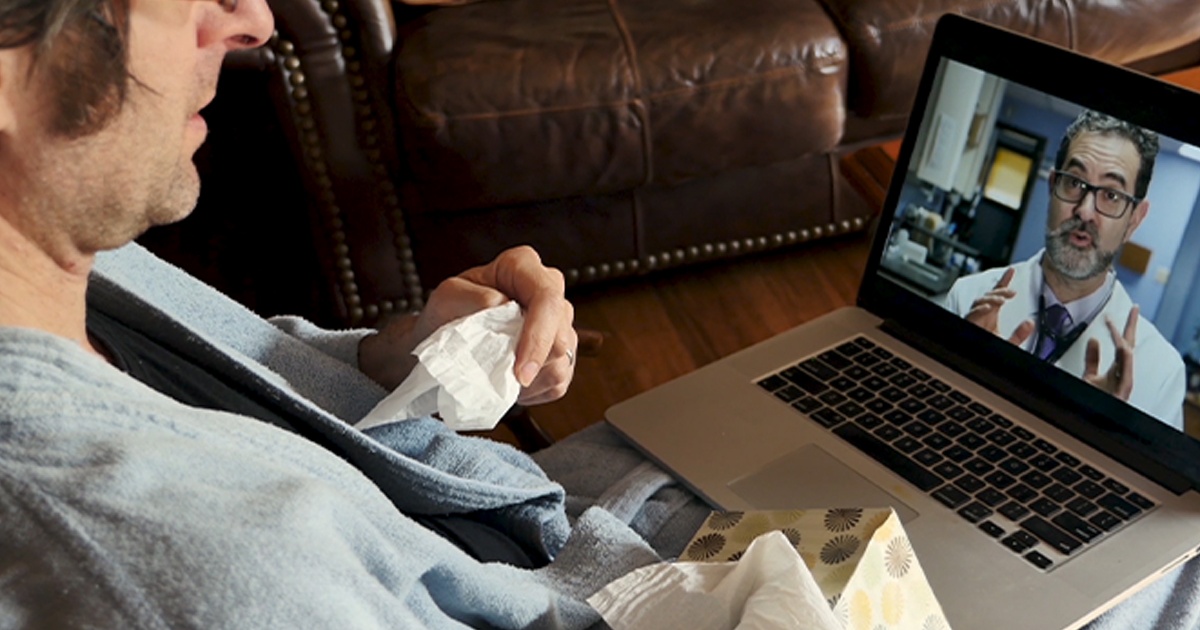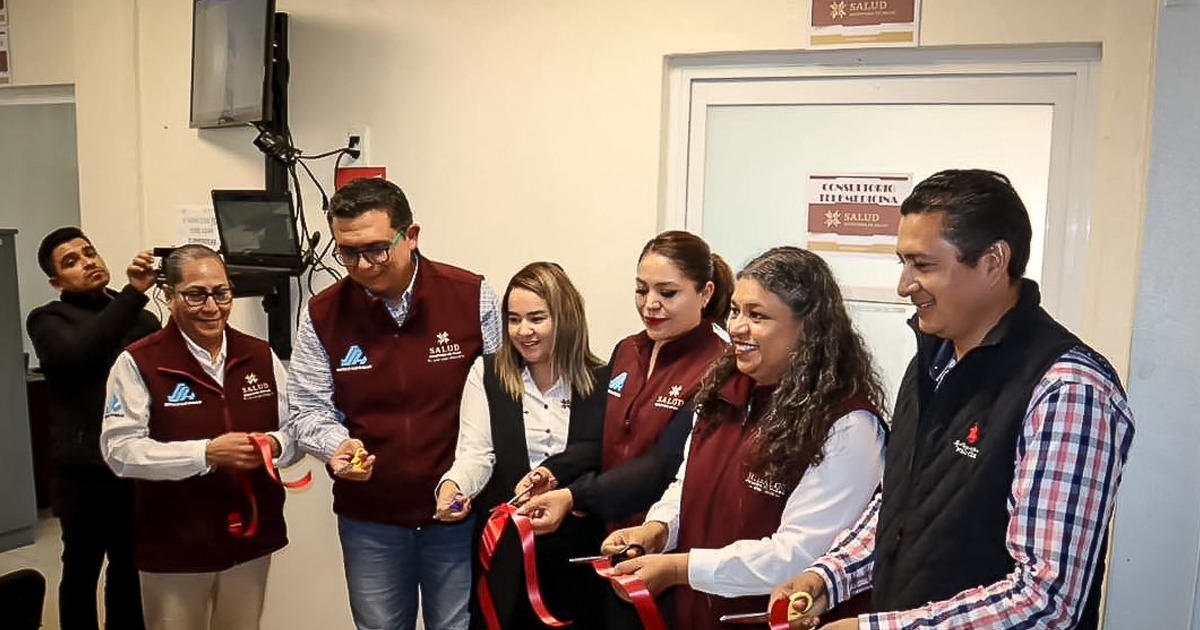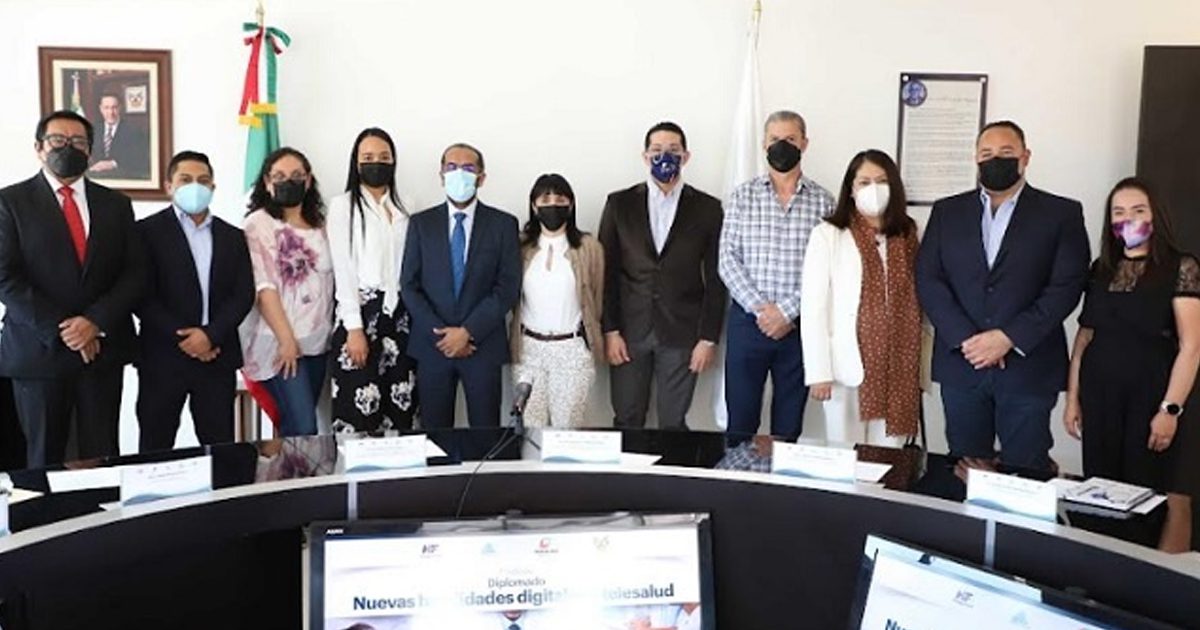Uruguay's medical union explained the new telemedicine regulations that were applied in April and what are the challenges.
In April, Law No. 19869 was enacted in Uruguay for the approval of general guidelines for the implementation and development of telemedicine as the provision of health services.
This Law defined telemedicine as:
The provision of health care services, where distance is a critical factor, by all healthcare professionals using information and communication technologies for the exchange of information valid for the diagnosis, treatment and prevention of diseases and injuries, research and evaluation, and for the ongoing education of health care providers, all in the interest of improving the health of their individuals and their communities.
In addition, this law defined seven principles that underpin the exercise of telemedicine:
- The first is universality, since telemedicine seeks larger access for the people to health services.
- Equity, to bring services to people living in remote areas.
- Quality of service, since telemedicine promotes an improvement in the quality and comprehensive care of the patient, strengthening the capacities of health professionals.
- Efficiency, since these services optimize the resources of care, reduce hospital stays, the repetition of medical acts and undoubtedly the movement of patients.
- To improve public health services decentralization, is necessary, which is possible through telemedicine.
- Telemedicine should be complementary to traditional medical exercise, not as a substitute.
- There must be confidentiality in the exchange of patient information, privacy and patient data must be secure at all times.
Members of the Uruguay Medical Union conducted an analysis of the progress of a regulatory law for telemedicine in Uruguay. Dr. Nicolás Sgarbi commented on the strategies in telemedicine and those of a face-to-face medical act: "There should be no differences because telemedicine should also be used for the benefit of the patient and therefore the medical act must have at least the same quality of the face-to-face medical act or better quality. It is not acceptable for the quality of care to go down by using telemedicine."
Dr. Félix Rígoli, an advisor to the Pan American Health Organization and also an expert in the regulations governing telemedicine, commented that "one point that is not less, is that there are three parts that should agree to move to tele care: the doctor, the patient and the institution". The importance of this type of legal and regulatory aspects that allows to offer a regulated and quality service.

For the realization of a legal framework for the application of telemedicine in public health, a number of aspects ranging from the technical to the care of patient data are important.






